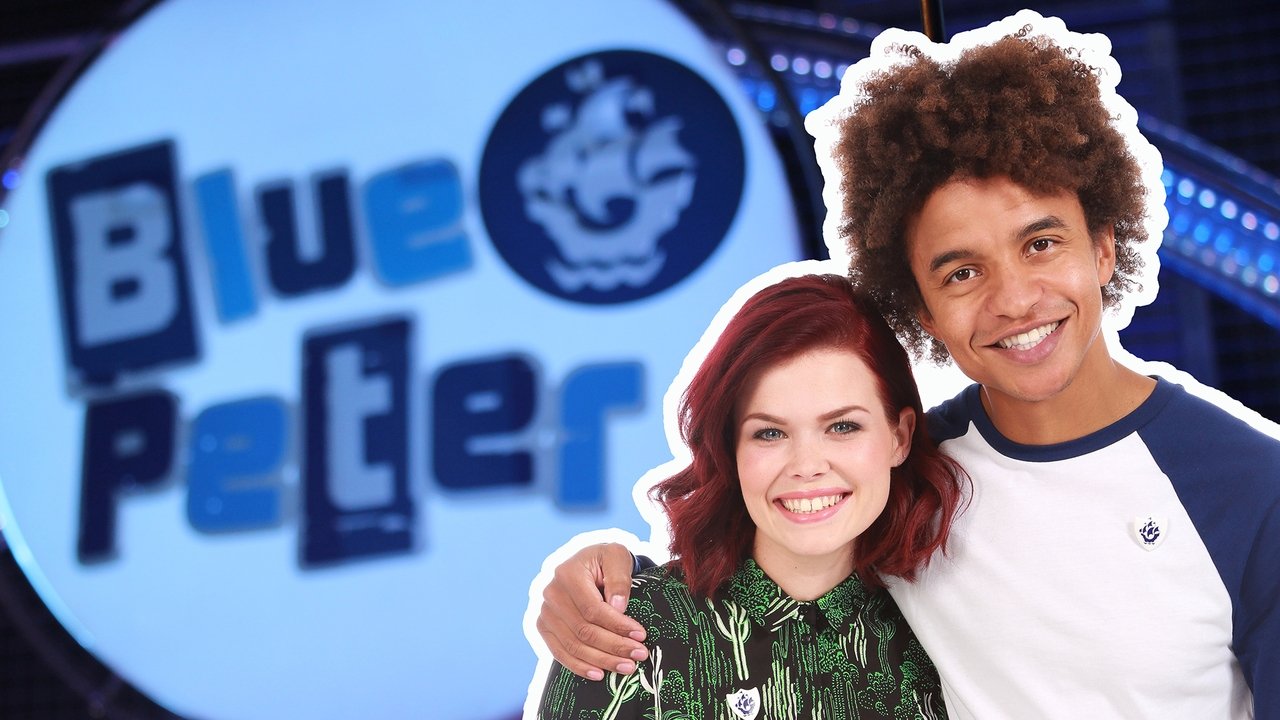

BBC Television
Featured Show:
Blue Peter
A fun-packed and informative magazine show for younger viewers with information and reports from around the world.
BBC Television TV Shows
47 shows • Page 2 of 3
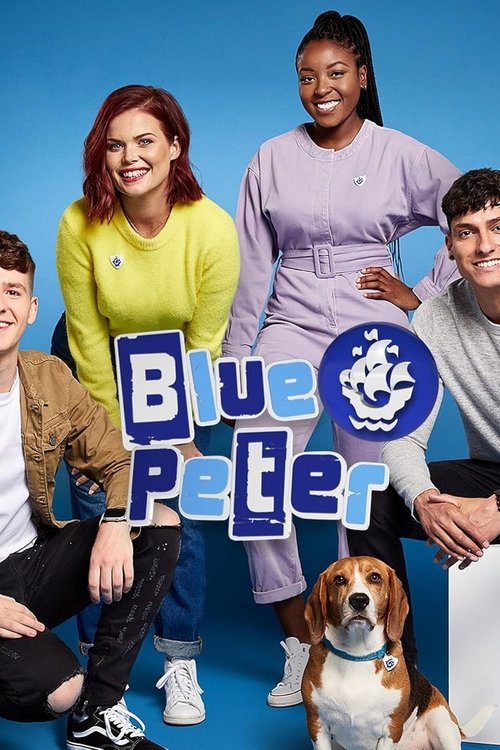
Blue Peter
A fun-packed and informative magazine show for younger viewers with information and reports from around the world.
 0
0Australian Walkabout
Australian Walkabout is a TV series made for the ABC and BBC by director Charles Chauvel. It was the last project completed by Chauvel prior to his death.

The Black and White Minstrel Show
The Black and White Minstrel Show was a British light entertainment show that ran on BBC television from 1958 to 1978 and was a popular stage show. It was a weekly light entertainment and variety show presenting traditional American minstrel and country songs, as well as show and music hall numbers, usually performed in blackface, and with lavish costumes. The show was created by George Mitchell.
 0
0The Diary of Samuel Pepys
Based on the diaries of the naval adiminister Samuel Pepys, it portrays life at the court of Charles II during the 1660s.
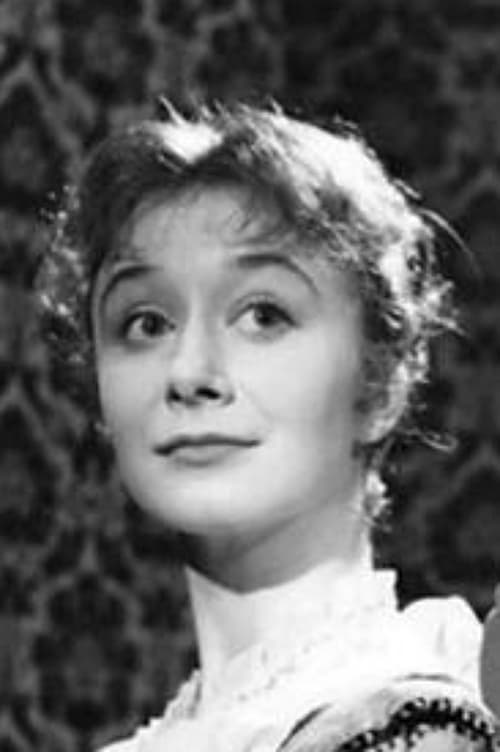 0
0Pride and Prejudice
In early 19th century England, Mr and Mrs Bennet's five unmarried daughters vie for the affections of rich and eligible Mr Bingley and his status-conscious friend, Mr Darcy, who have moved into their neighbourhood. While Bingley takes an immediate liking to eldest daughter Jane, Darcy has difficulty adapting to local society and repeatedly clashes with second-eldest Elizabeth.
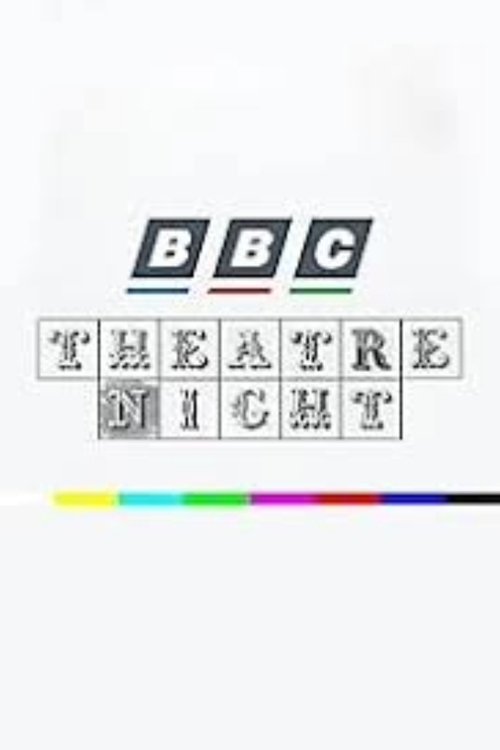 0
0Theatre Night
A BBC television series of forty-five-minute excerpts from stage plays running in London.
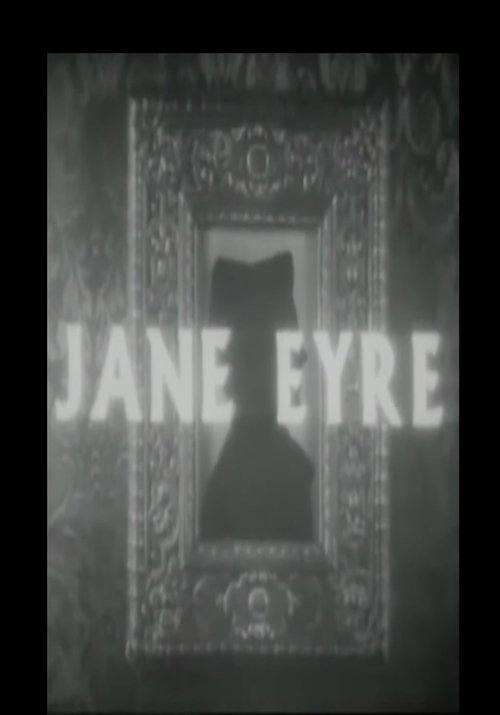 0
0Jane Eyre
Jane Eyre is a six-part 1956 British TV adaptation of the novel by Charlotte Brontë.
 0
0Playbox
Playbox was a British children's television show that ran on BBC from 1955 to 1964. Presenters who appeared on it included Eamonn Andrews, Rolf Harris, Tony Hart, Cliff Michelmore and Johnny Morris
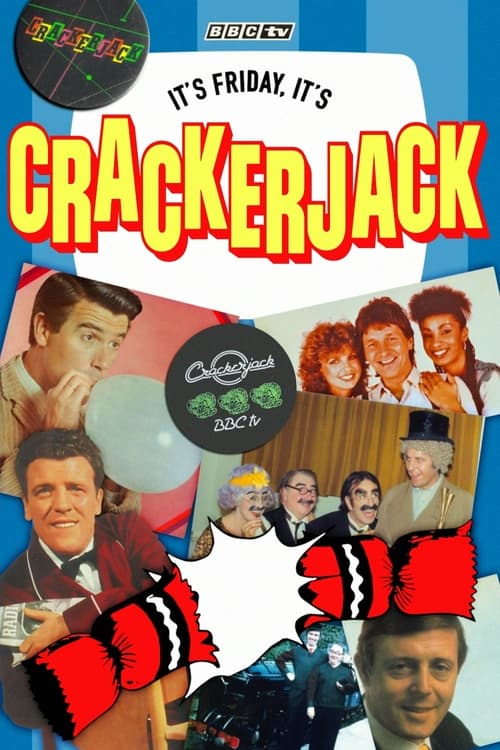
Crackerjack
Crackerjack was a British children's comedy/variety BBC television series. It started on 14 September 1955 and ran for over 400 shows, first in black and white and later in colour, until 21 December 1984. It was revived in 2020 on CBBC.
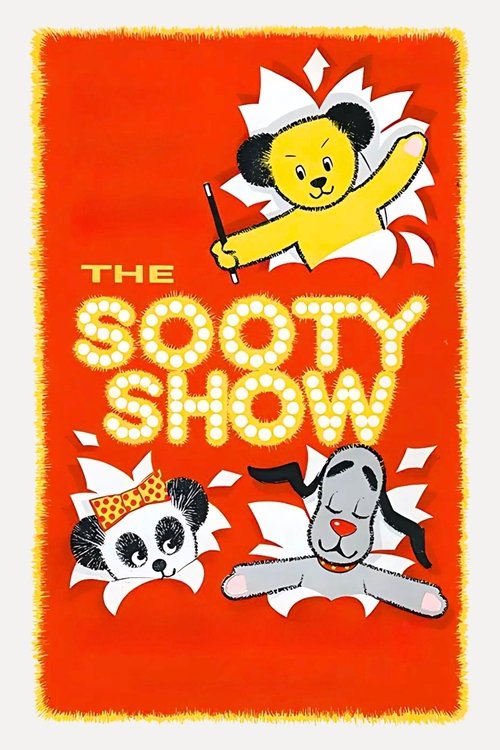
The Sooty Show
The Sooty Show is a British children's Puppet series which aired on the BBC from 1955 to 1967 and ITV from 1968 to 1992. It follows the adventures and comedic day to day life of puppets Sooty, Sweep and Soo with their owner Harry Corbett, and in later years, his son Matthew.
 0
0Running Wild
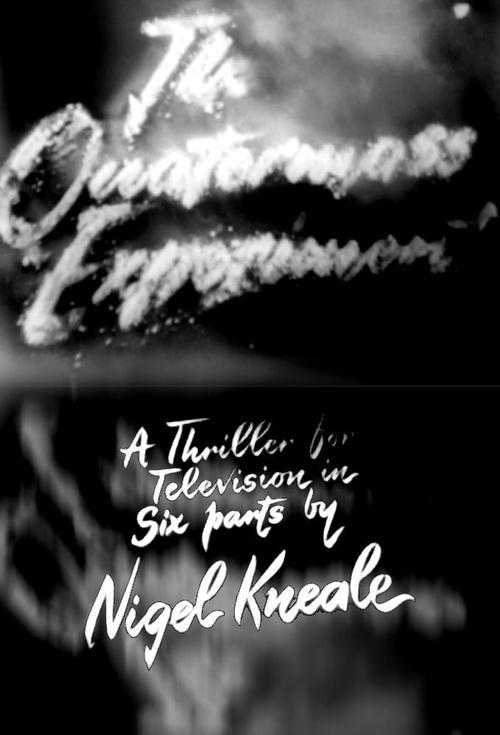
The Quatermass Experiment
Set in the near future against the background of a British space programme, the story of the first crewed flight into space, supervised by Professor Bernard Quatermass of the British Experimental Rocket Group.
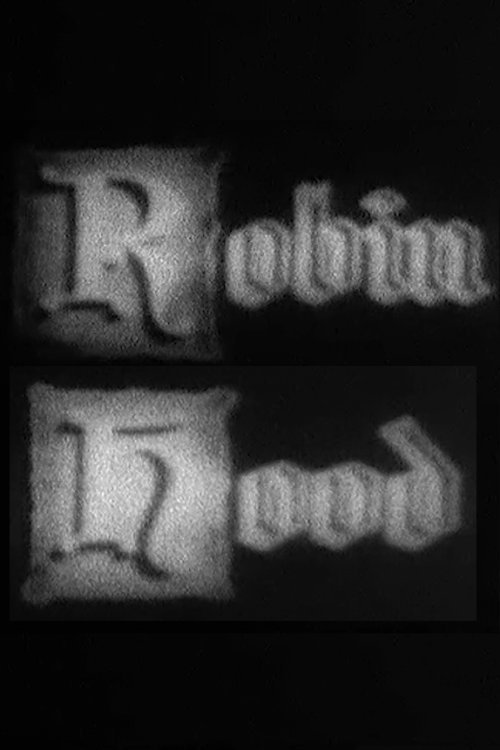 0
0Robin Hood
Robin Hood was produced in 1953 by the BBC, during which time these episodes were transmitted live and then re-acted the following Saturday or Sunday in order for a repeat to be shown. However, in some cases, television programmes were recorded onto 16mm film; the age and technology used in order to film titles such as Robin Hood mean that they no longer survive in their original quality, which means that transmission of these episodes by today's standards would be deemed as 'unacceptable'. However, short clips of this serial have aired as recently as 2007 as part of a documentary presented by Jonathan Ross, covering Robin Hood from its beginnings to the more recent BBC production, and shown as an example of television production in the BBC series of documentaries entitled Children's T.V. On Trial The 1950s. The show lasted only for one season, and starred Patrick Troughton as Robin Hood. Later was aired the TV series The Adventures of Robin Hood.

Flower Pot Men
The Flower Pot Men is a British children's programme, produced by BBC television, first transmitted in 1952, and repeated regularly for more than twenty years, which was produced in a new version in 2001. The show was the basis for a comic strip of the same name in the children's magazine Robin.
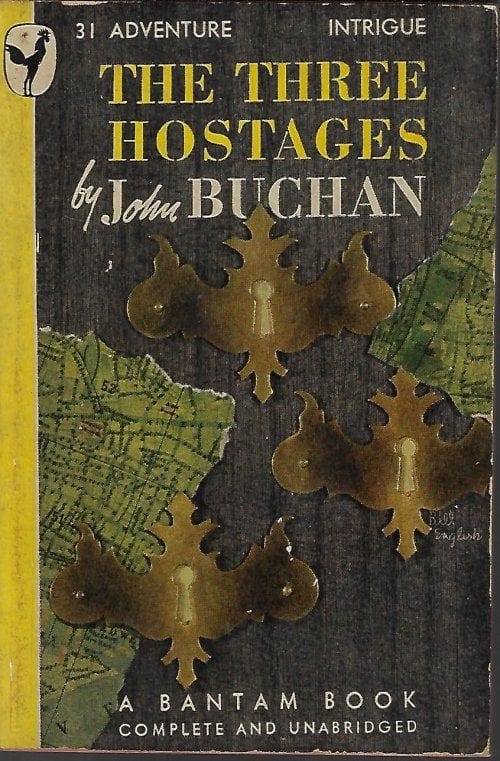 0
0The Three Hostages
An adaptation of the novel The Three Hostages by John Buchan.
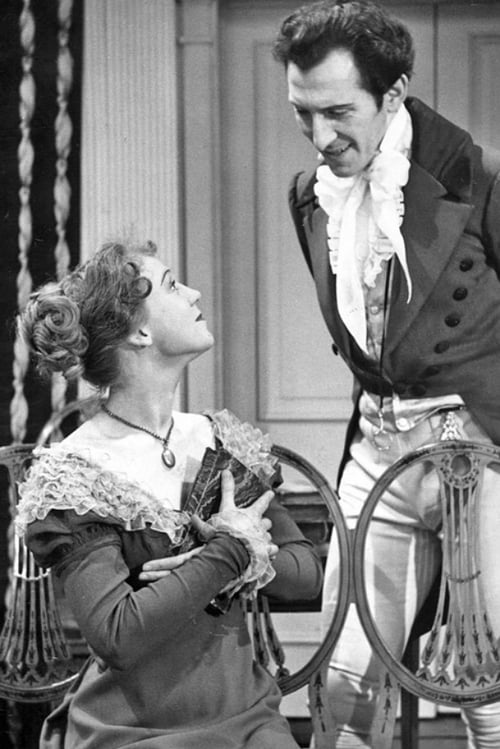 0
0Pride and Prejudice
In early 19th century England, Mr and Mrs Bennet's five unmarried daughters vie for the affections of rich and eligible Mr Bingley and his status-conscious friend, Mr Darcy, who have moved into their neighbourhood. While Bingley takes an immediate liking to eldest daughter Jane, Darcy has difficulty adapting to local society and repeatedly clashes with second-eldest Elizabeth.
 0
0Sherlock Holmes
Sherlock Holmes was a 1951 television series produced by the BBC featuring Alan Wheatley as Sherlock Holmes and Raymond Francis as Dr. Watson. This was the first series of Sherlock Holmes stories adapted for television.
 0
0The Railway Children
The first BBC TV version was presented as an 8 part x 30mins. serial between 6 Feb 1951 and 27 Mar 1951. The original production was broadcast live from the Children's TV studio at Lime Grove. There was one transmission during the week with a live repeat, often with a totally different crew, on Sundays. In those days, the amount of telecine (film inserts) was relatively small, so there was great pressure on the actors and the camera crews.
 0
0An Evening at Home with Bernard Braden and Barbara Kelly
Sitcom starring real-life married couple Bernard Braden and Barbara Kelly, inviting viewers to spend an evening with them.
 0
0Family Affairs
Family Affairs was the first television serial broadcast by BBC Television.